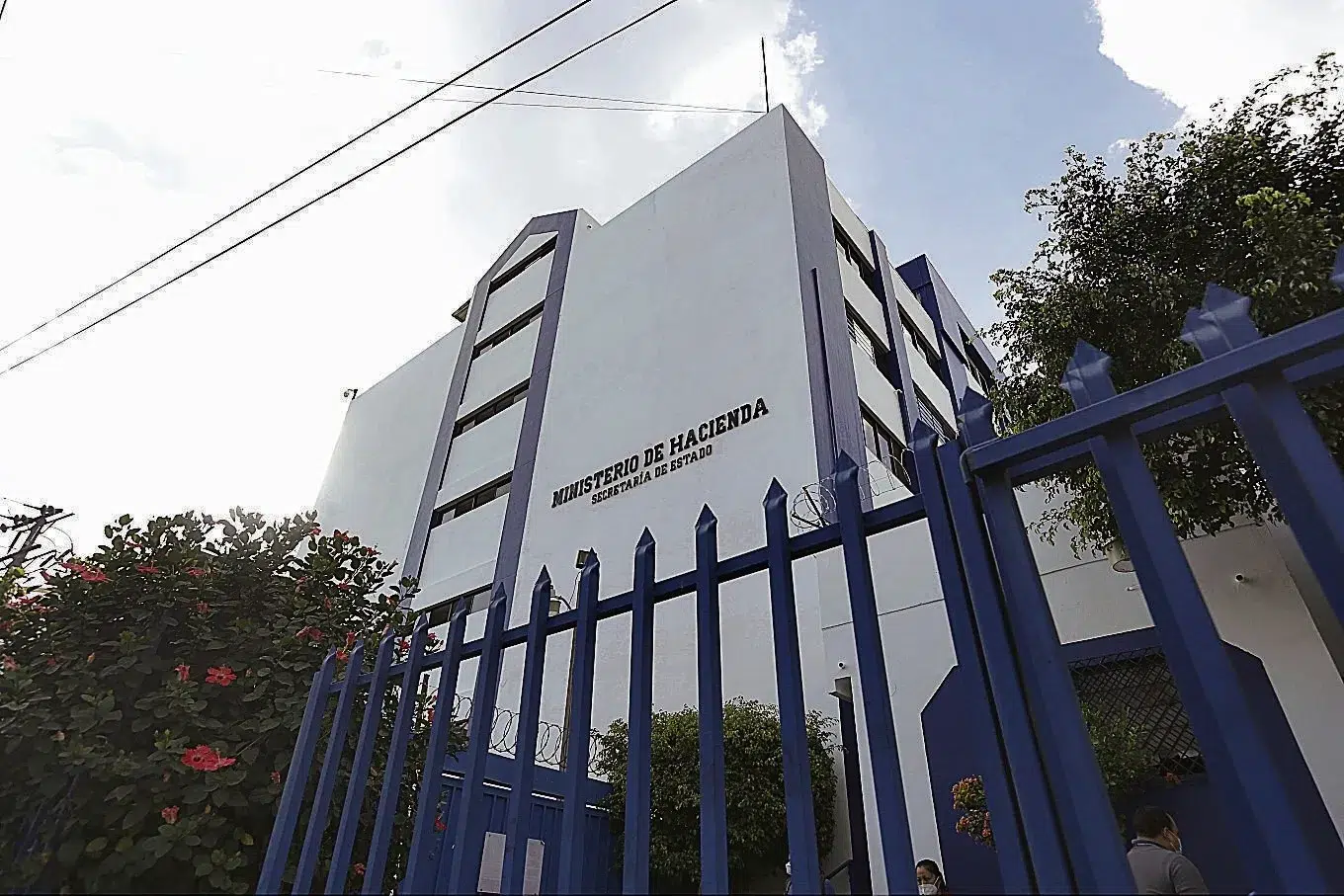El Salvador’s fiscal situation remains critical, “so fiscal consolidation must be the top priority,” according to the International Monetary Fund’s (IMF) most recent economic outlook report for Latin America.
“Risks arising from adopting bitcoin as legal tender need to be addressed,” the agency adds in the document published this week.
Since the Government of El Salvador (GOES) adopted bitcoin as a legal tender, the agency warned about the risks and urged the authorities to make “a cautious analysis.”
“The adoption of bitcoin as legal tender raises several macroeconomic, financial and legal issues that require careful analysis,” IMF spokesman Gerry Rice said in June 2021, after President Nayib Bukele announced the decision at a meeting of cryptocurrency promoters. At that time, the GOES had just announced that it was holding talks with the agency in search of an agreement allowing it to access $1.3 billion to balance its expenses over the next three years.
However, after adopting bitcoin, negotiations cooled, according to different analyses. Although the parties have stated that they have continued to meet, results have yet to be known.
This week, Bukele said in an interview with FOX network that the bitcoin strategy is bringing about favorable changes.
“We have much tourism and private investment because of that (…) The other thing we get is that we achieve a change of image (before other countries),” said the president, according to a GOES communiqué.
Situación fiscal de El Salvador sigue siendo crítica: FMI
La situación fiscal de El Salvador sigue siendo crítica, “por lo que la consolidación fiscal debe de ser la máxima prioridad”, según el más reciente informe sobre perspectivas económicas para Latinoamérica del Fondo Monetario Internacional (FMI).
“Es necesario abordar los riesgos derivados de la adopción del bitcóin como moneda de curso legal”, añade el organismo en el documento publicado esta semana.
Desde que el Gobierno de El Salvador (GOES) adoptó el bitcóin como moneda de curso legal, el organismo advirtió sobre los riesgos, por lo que instó a las autoridades a hacer “un análisis muy cuidadoso”.
“La adopción del bitcóin como moneda legal eleva un número de asuntos macroeconómicos, financieros y legales que requieren un cuidadoso análisis”, dijo en junio el vocero del FMI, Gerry Rice, en junio de 2021, luego de que el presidente Nayib Bukele anunciara la decisión en una reunión de promotores de la criptomoneda. En ese momento, el GOES acaba de anunciar que sostenía conversaciones con el organismo en busca de un acuerdo que le permitiera acceder a $1,300 millones para balancear sus gastos en los siguientes tres años.
Pero, tras la adopción del bitcóin las negociaciones se enfriaron, de acuerdo con diferentes análisis, y si bien las partes han manifestado que han continuado reuniéndose, a la fecha no se conocen resultados.
Esta misma semana, Bukele dijo en una entrevista con la cadena FOX que la estrategia del bitcóin está propiciando cambios favorables.
“Estamos teniendo mucho turismo y mucha inversión privada por eso (…) Lo otro que obtenemos es que logramos un cambio de imagen (ante los demás países)”, dijo el mandatario, según un comunicado del GOES.

